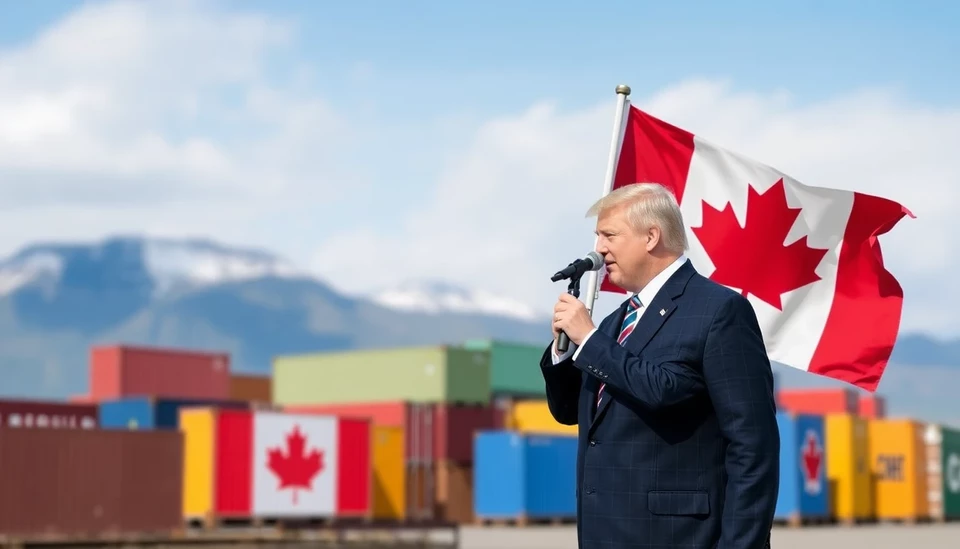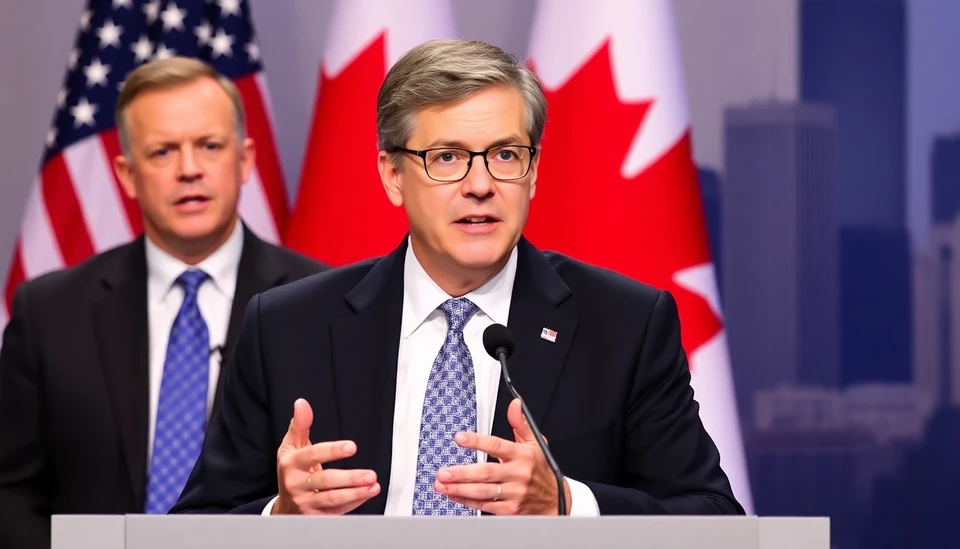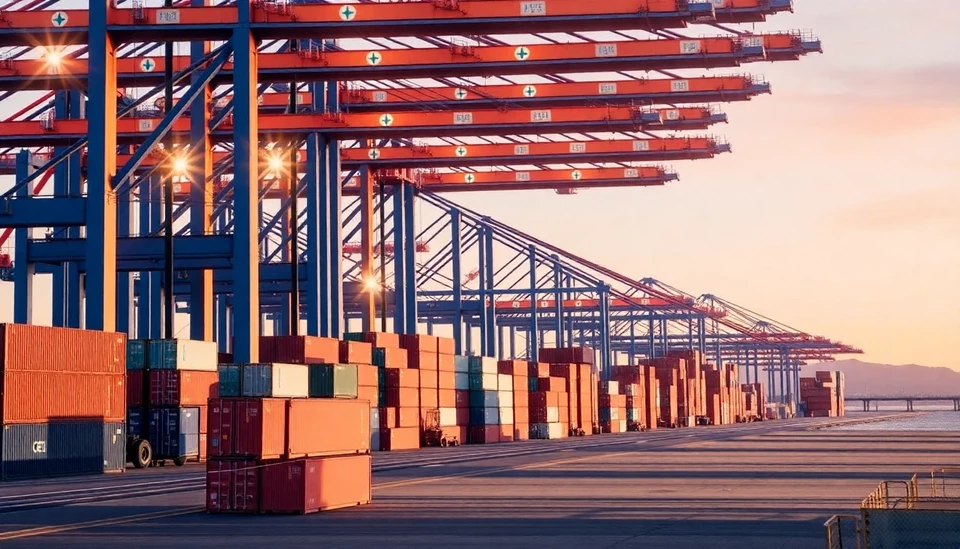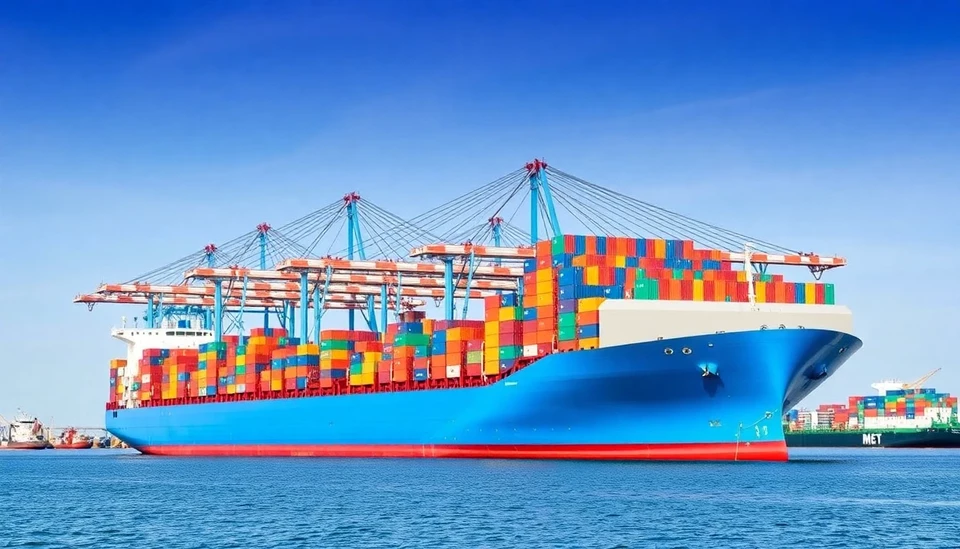
In a shocking turn of events, Canada is facing significant backlash as tariffs imposed by former President Donald Trump have dealt a crushing blow to a key aspect of its economy. The recent announcement of a 25% tariff on steel and a 10% tariff on aluminum coming from Canada has left many feeling betrayed and uncertain about the future of the bilateral trade relationship.
This decisive move has rattled the Canadian government and industry leaders alike, sparking fears of economic repercussions that could ripple through multiple sectors. Trade experts warn that this could lead to increased prices for consumers and producers, as well as potential job losses in industries that rely heavily on these imported materials.
The tariffs were reintroduced under the guise of national security concerns, a justification that has been met with skepticism by Canadian officials. Prime Minister Justin Trudeau expressed his frustration, labeling this decision a "complete betrayal" and arguing that Canada has been a faithful ally to the United States, particularly during the pandemic. His government is now left scrambling for ways to mitigate the fallout from this unexpected policy shift.
Economic analysts predict that the fallout from these tariffs could escalate tensions not only between the two countries but also among various economic stakeholders who stand to suffer from the increased costs. The aluminum and steel industries in Canada are already warning of impending financial strain, with many companies relying on trade with the United States to sustain their operations.
In response to the tariffs, Trudeau's government has indicated it will explore all options available, including representation at international trade organizations. They may also consider implementing their own tariffs on U.S. products, a move that could heighten tensions further still. Some Canadian provinces have voiced their support for retaliatory measures, putting pressure on the federal government to act decisively.
Analysts suggest that Canada's response could set a precedent for how trade relationships are structured in the future, particularly in light of a repetitively unpredictable U.S. trade policy. The uncertainty and volatility experienced in Canada now raise questions about the reliability of American trade partners and how future administrations will approach international commerce.
As the situation continues to develop, Canadians are bracing for what might come next in this turbulent trade relationship. Industry representatives and politicians alike are urging for collaborative discussions to avert any escalation—emphasizing the importance of these trade ties to both nations' economic well-being.
In this challenging climate, observers from both sides of the border will be watching closely to see how the Canadian government counters these tariffs, and whether the economic fabric of the trade relationship can be preserved or if it will lead to a more complex and adversarial dynamic moving forward.
This looming trade conflict carries the potential to redefine relationships, not just between Canada and the United States, but also among other international partners who are closely monitoring developing trade policies. The reverberations of Trump's tariff redesign could be felt far beyond North America, affecting global markets connected through a delicate web of trade agreements.
In conclusion, Canada's fight against these tariffs will be crucial in determining the health of North American trade relations in the coming years. How effectively Canada responds to this economic challenge will likely serve as a blueprint for future international trade negotiations.
#TradeNews #Canada #TrumpTariff #EconomicImpact #CanadaTrade #RelationshipSteelAluminum #JobsIndustry #Uncertainty
Author: Rachel Greene



